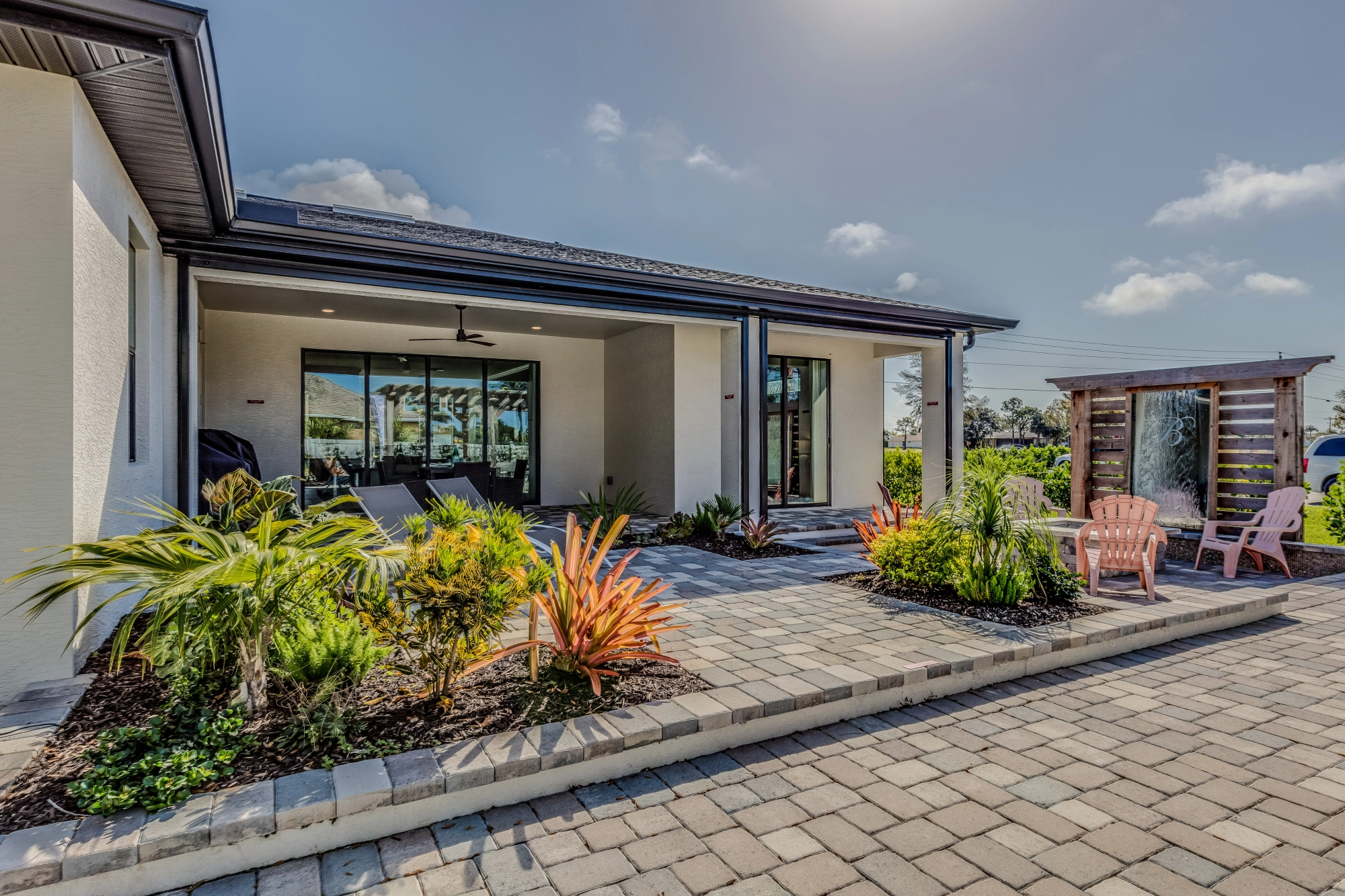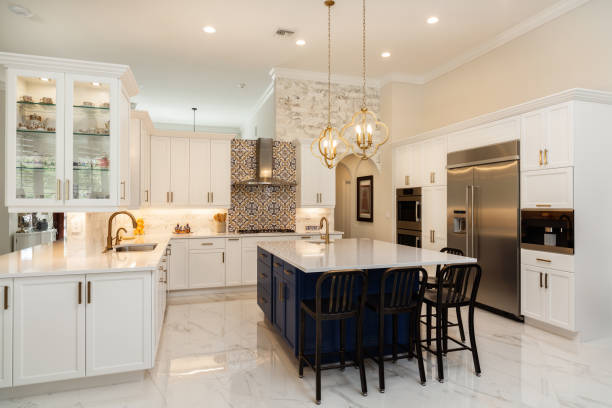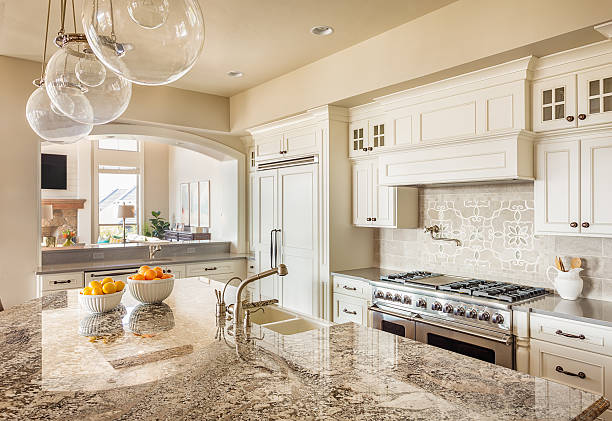How Do Different Paver Materials Impact Curb Appeal and Maintenance?

Strong 8k brings an ultra-HD IPTV experience to your living room and your pocket.
Choosing the right paver materials for driveways, walkways, and patios can significantly impact a property's curb appeal and long-term maintenance needs. With a variety of materials available, homeowners must consider aesthetics, durability, and upkeep requirements before making a decision. Paver installation experts emphasize that different materials offer unique benefits and challenges, making it essential to choose wisely.
Brick Pavers: Timeless Elegance with Moderate Maintenance
Brick pavers are known for their classic and sophisticated look. Their warm, earthy tones create a charming appeal that suits traditional and modern homes alike. Due to their strong composition, brick pavers resist cracking, making them a durable option for outdoor spaces. However, they require regular maintenance to prevent moss and mildew growth. Sealing brick pavers every few years helps maintain their color and integrity. Paver installation specialists recommend brick for homeowners who want a refined, long-lasting surface with historical charm.
Concrete Pavers: Versatile and Low-Maintenance
Concrete pavers offer versatility in design and color, allowing homeowners to create custom looks for their outdoor spaces. They are generally more affordable than natural stone and brick, making them a popular choice for budget-conscious projects. While concrete pavers are durable, they can be prone to staining and fading over time. Regular sealing and occasional power washing help maintain their appearance. Paver installation professionals suggest concrete pavers for those seeking a cost-effective yet stylish solution.
Natural Stone Pavers: High-End Appeal with Unique Textures
For homeowners looking for a premium, natural aesthetic, stone pavers provide an elegant solution. Materials like granite, limestone, and travertine offer unique textures and colors that enhance curb appeal. These pavers are highly durable and resistant to weather damage, but they require periodic sealing to prevent water absorption and staining. Since natural stone pavers vary in texture and porosity, some options may need more frequent upkeep than others. Paver installation experts recommend natural stone for those seeking a high-end, distinctive look.
Porcelain Pavers: Modern and Low Maintenance
Porcelain pavers are an emerging trend in outdoor design, offering a sleek, contemporary appearance with minimal maintenance needs. They are resistant to moisture, stains, and fading, making them ideal for areas with high exposure to sunlight and rain. Unlike natural stone and brick, porcelain does not require sealing and is easy to clean. However, they can be more expensive than other paver options. Paver installation professionals highlight porcelain pavers for those who prioritize modern aesthetics and hassle-free maintenance.
Permeable Pavers: Environmentally Friendly with Functional Benefits
Permeable pavers are designed to allow water to pass through, reducing runoff and preventing erosion. These pavers are often used in eco-friendly landscapes to promote sustainable drainage solutions. While they require occasional cleaning to prevent clogging, they offer a low-maintenance and environmentally responsible choice. Paver installation specialists recommend permeable pavers for homeowners looking to enhance both curb appeal and sustainability.
Factors to Consider When Choosing Paver Materials
Each type of paver material has its advantages and maintenance requirements. Before making a selection, homeowners should consider the following factors:
Climate Conditions: Some pavers perform better in specific weather conditions. For instance, natural stone can withstand extreme temperatures, while concrete may crack in freeze-thaw cycles.
Maintenance Commitment: Brick and natural stone require more frequent upkeep, while porcelain and concrete pavers need less maintenance.
Budget Constraints: Concrete pavers are cost-effective, whereas natural stone and porcelain are premium options.
Aesthetic Goals: The chosen paver should complement the home's architecture and landscape design.
Long-Term Durability: Consider how well the material resists wear, stains, and weather damage over time.
Paver installation professionals help homeowners navigate these considerations to select the best material for their needs.
Conclusion
Selecting the right paver material is essential for achieving both visual appeal and ease of maintenance. Brick pavers offer timeless charm but require sealing, concrete pavers provide affordability and versatility, natural stone exudes luxury with unique textures, and porcelain pavers deliver modern aesthetics with minimal upkeep. Permeable pavers add sustainability benefits while maintaining functionality. With guidance from paver installation experts, homeowners can choose the perfect paver material to enhance their property's curb appeal and long-term usability.
Note: IndiBlogHub features both user-submitted and editorial content. We do not verify third-party contributions. Read our Disclaimer and Privacy Policyfor details.







